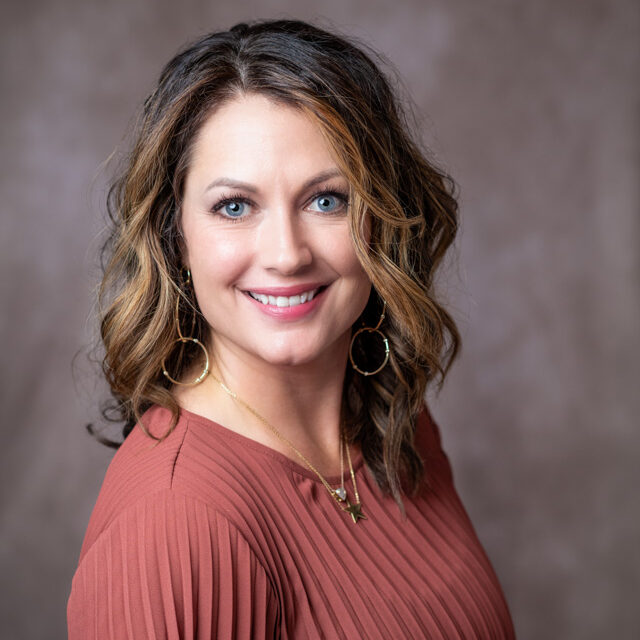Mental Health Stigma: Matters of the Mind
October 27, 2019
It’s 2019, and the stigma around mental health continues. The words alone are cringeworthy: ”mental health.” Or worse: “mental illness.” You might as well be saying “crazy” or “psychotic.”
The one who suffers must surely look the part. Disheveled. Detached from reality. Mumbling nonsensicalities and gibberish.
Why do these misconceptions about mental health persist?
The truth is, every one of us exists on a continuum of mental health and unhealth, just as we exist on a continuum of physical health and unhealth. Some of us are healthy, some of us are not.
Mental ailments do not discriminate based on age, religion, ethnicity, gender, education level, or socioeconomic status. According to the National Institute for Mental Health, approximately 1 in 5 adults in the U.S. (46.6 million) experiences mental illness in a given year. Depression and anxiety are among the most common.
Mental illness is often invisible
Those who struggle do not always appear to be struggling. They may look like successful doctors, teachers, attorneys, and professors. Or perhaps the compassionate pastor, the generous teacher, or the dedicated stay at home mom. It’s the therapist, the newly retired businessman, the farm hand, the daycare provider, and the mechanic.
It could be any of us.
In fact, most of us will experience episodes of mental unhealth at one or many points throughout our lives (yes, even you). It’s part of the human condition.
Some of us were born into a genetic pool in which mental health issues are more prevalent. Nearly all of us will experience one or more losses, traumas, or life transitions. Both genetics and situational factors can contribute to mental health and unhealth.
Clinging to outdated stigmas and archaic understandings of mental health is helping no one. Not talking about something does not dictate whether that thing exists. It simply means it’s not being talked about. What a shame.
What if diabetes or AIDS or cancer were never discussed? Would that mean that individuals who were afflicted by those ailments were not actually sick? Of course not. No one would entertain that argument. So why do we circumvent open discussions and acceptance of mental illnesses? They may not be visible, but they are just as real and can feel just as devastating.
How to move beyond the mental health stigma
If you struggle with a known mental illness, or if you dare to entertain an open exploration and discussion about your mental health, contact a mental health professional. If you’re not comfortable talking with a professional, start by talking with a trusted friend or family member.
Whatever you do, don’t ignore your mental health. Take care of if the same way you’d care for your body. ⯁

About the Author
DR. STEPHANIE WICK, LCMFT, LCAC
Andrews & Associates Counseling is owned and operated by Dr. Stephanie Wick, who is a long time resident of the Manhattan area. She is a Licensed Clinical Marriage and Family Therapist (LCMFT) and Licensed Clinical Addictions Counselor (LCAC) in Kansas.
Suggested Reading
- Wild, Wonderful Love Relationship Retreat: September 16-17, 2023Andrews & Associates Counseling will be hosting the next Wild, Wonderful Love Relationship Retreat on Saturday, September 16 and Sunday, September 17, 2023 at Bluemont Hotel… Read more: Wild, Wonderful Love Relationship Retreat: September 16-17, 2023
- The Benefits of Seeing an Intern Therapist: Everything You Need to KnowSeeing an intern therapist can provide many benefits that you may not be aware of. In this article, we will explain exactly why they should be… Read more: The Benefits of Seeing an Intern Therapist: Everything You Need to Know
- How Employee Assistance Programs Support Workplace Mental HealthWhen it comes to employee wellbeing, things are not always as they seem… Employees are often expected to be high performers. They are typically required to… Read more: How Employee Assistance Programs Support Workplace Mental Health
- 3 Crucial Things to Understand About Survivors of Child Sexual AbuseIt is time to give the power back to the survivors… A Voice for Trauma Survivors My name is Dr. Briana Nelson Goff. My professional background… Read more: 3 Crucial Things to Understand About Survivors of Child Sexual Abuse
Counseling & Therapy for Individuals, Couples, Families, and Groups
terms & conditions
disclaimer
privacy policy
© andrews & associates counseling
Manhattan Main Office
4201 Anderson Ave., D110
Manhattan, KS 66503
Phone: 785-539-5455
A&A Kids Clinic
227 Blue Earth Place, Suite 203-c
Manhattan, KS 66502
Phone: 785-776-0749
Junction City Office
929 South Washington
Junction City, KS 66442
Phone: 785-539-5455
Wamego Office
1800 Farrell Drive
Wamego, KS 66547
Phone: 785-539-5455